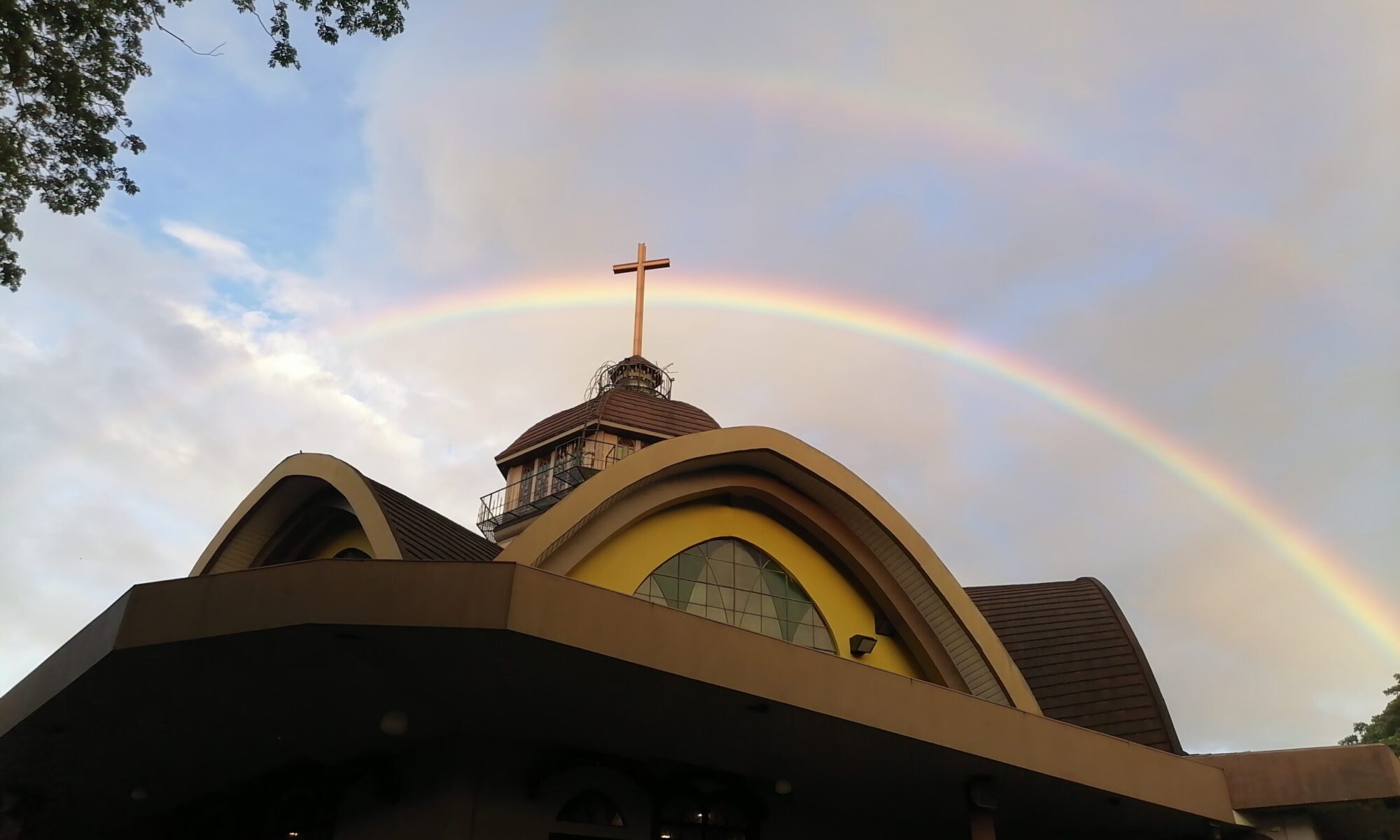Disentangling the “New Evangelization” that leads to “Porta Fidei.”
The ‘New Evangelization’ proposed by Pope Benedict as early as 2000 AD which consists in returning to the Apostolic Commission given by Christ and narrated in the last chapters of the Gospel of St. Matthew is very simple and clear. It is easy for any preacher to use in examining himself if he has Faith or not. And it is easy for the preacher to teach it to the lay men and women for them to examine if they, in turn, have Faith of not. He who has Faith is already saved and he who does not have Faith is already condemned, Scriptures remind us. So the Holy Father wants all of us, without exemption, to find out if we have Faith. Our eternal salvation depends on this. But because it is difficult to describe and define Faith everybody thinks they have Faith just because they are baptized, confirmed, ordained or consecrated bishops. There are ways by which we can have Faith. But there are many more ways of losing Faith. The most common reason why souls do not have Faith is because they never made the Act of Faith.
Pope Benedict had already reminded us last March that we should concentrate on ‘conversion.’ And the International Theological Commission that had been raised to Pontifical status has made a rejoinder after the Bishop’s Synod that ‘conversion’ should be the central preoccupation of the ‘New Evangelization’ that leads to ‘Porta Fidei.’ Conversion is the preparation that leads to Faith. If someone asks ‘how do you acquire Faith?’ The answer is ‘undergo conversion.’ The dynamics of conversion is the dynamics of Faith. Let us once more describe the Act of Faith.
In the Act of Faith, the memory is focused on its learned knowledge about God as learned from Divine Revelation. Secondly, the intellect should be masticating and judging the knowledge it has in the memory. This is done with the help of the Fathers of the Church who have given the Church explanations of truths in Divine Revelation. And the intellect must assent to the knowledge it got and judged from the memory. Thirdly, the intellect must convince the free will that the knowledge it has judged and assented to which were taken from the memory is good thus convincing the free will to consent.
When the free will consents to the above process then and only then will God grant the soul the theological virtue of Faith. And suddenly the memory, intellect and free will rise up to the level of supernatural operations. Faith raises all our actions into the supernatural and , therefore, meritorious level.
Now, let us further describe the Act of Faith using the Myself – God schema. So there is the Myself…. and I go inside myself. My mind goes into the functioning and contents of my mind. And my mind goes into the functioning and contents of my free will. When I enter into Myself, particularly into my mind and free will, I encounter the image and likeness of God within myself. Thus in entering myself I become conscious of God whose image within myself I have encountered. Now there is Myself face to face with God. But as I enter into my mind I see my past, my present and my future…..and I see God face to face. So I am forced to make a judgment of my past, present and future before God. That is the portion of the mind. Now let us go to the free will.
As my mind is faced with my past, present and future before God, I have to decide which of my past, present and future I consider good and I can continue, and I must decide which of my past, present and future I consider as bad and, therefore, I must stop. When I have decided on these my mind must assent to the process and then try to convince the free will to give its consent. When the free will gives its consent, then God gives my soul the gift of Faith. I begin my life in the supernatural level in a manner pleasing to God.
We have described the Act of Faith as it is actually being made, that is the memory filled with the truths about God, the intellect trying to understand the contents of the memory and assenting to its contents which by now is in the intellect. And there is the free will that is consenting to the above processes. But the memory cannot do the above if it is filled with worldly memories. The worldly memories will be preventing the memory in doing its part in the Act of Faith. If this happens the intellect will not be able to judge on the contents of the memory and thus be unable to give its assent to its judgment. If this happens then the free will will not be able to consent to the judgments of the intellect. So the soul continues to be Faithless.
This is exactly what will happen when one is in the world. With all the stimulation that will bombard the senses the three faculties of memory, intellect and free will will not be able to perform its part in the Act of Faith. So what do we do? St. Augustine suggested the old monastic practice of ‘fuga mundo.’ It will not completely solve the problem but it will be a very big help in forming the Act of Faith. Pope Benedict, also, gave this suggestion in an address in St. Paul outside the Walls.
It is unfortunate that in all the topics taken during the Bishop’s Synod to discuss the ‘New Evangelization’ that leads to ‘Porta Fidei’ there is NO description of an Act of Faith when that should be the central point in the ‘Year of Faith.’


